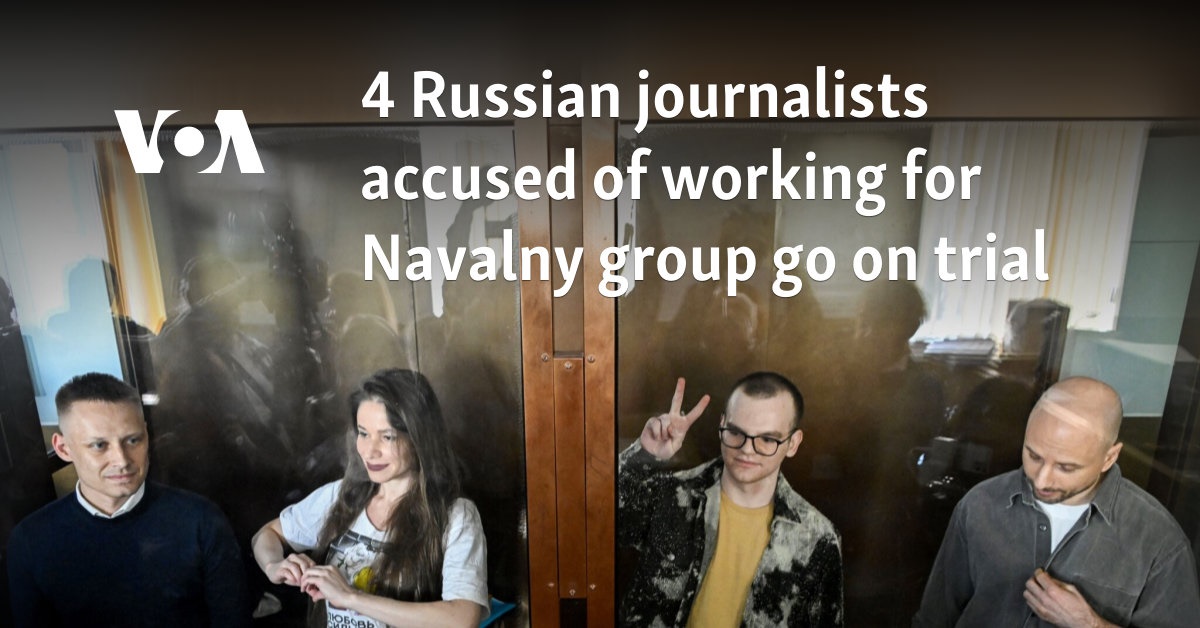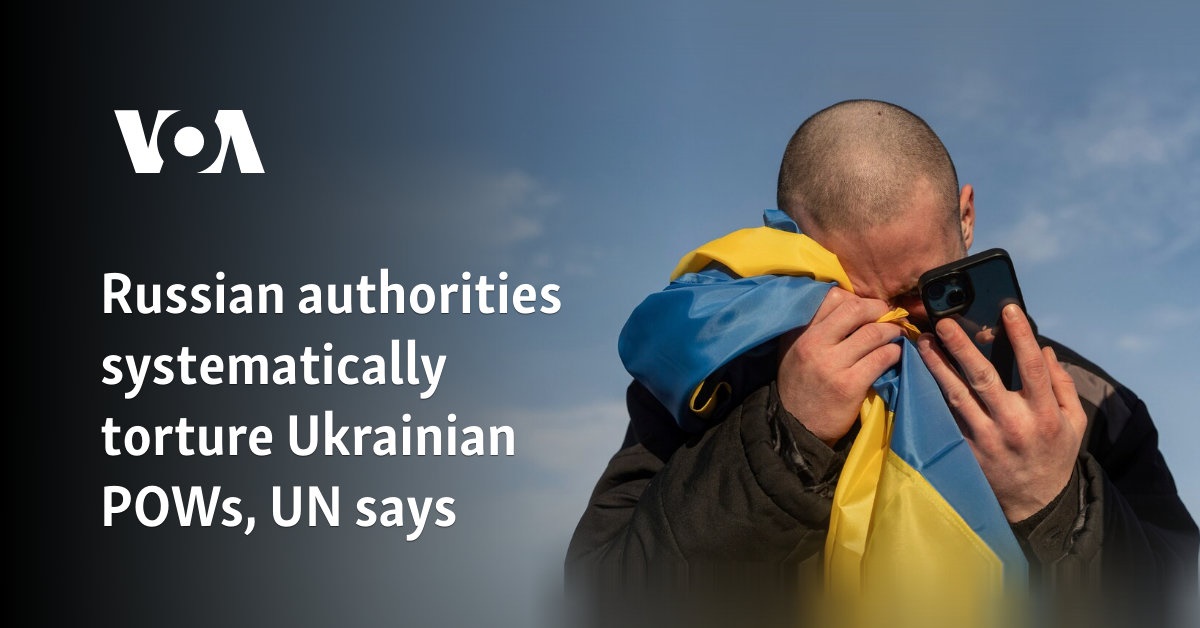By Biserka Gramatikova
The year is 1943 and Bulgaria has just told Hitler that he will not receive the Bulgarian Jews. The untold but true tale of how nearly 50,000 Jewish Bulgarians were saved from deportation and death – true story from a forgotten chapter of European history. Europe’s major powers are at war and King Boris III of Bulgaria must choose a side or be swept away. How the power of the civil society in Bulgaria outwitted the Nazis and save nearly 50,000 Jewish lives!
The subject of the Holocaust is still difficult to comprehend, but art and, in particular, cinema does not stop with attempts. As a result, we have films that have become timeless classics: Roberto Benigni’s Life is Beautiful, Alan Pacula’s Sophie’s Choice, Steven Spielberg’s Schindler’s List, Roman Polanski’s The Pianist, and many others.
In the second half of the 1950s, Bulgarian cinematography, nationalized in 1947 by the new communist government, began to feel a slight improvement. New forces and ideas flow into creative life due to the death of Stalin, which changes the course of social development in the countries oriented towards the USSR. One of the most important new trends in art is the desire to recreate more complex, ambiguous characters in acute life situations.
This new creative breath, albeit with a slight delay, reaches the Bulgarian cinema, which allows itself to imitate the more developed world cinematography.
In the 50s, some of the most notable Bulgarian directors made their debut, including Rangel Valchanov. Already in his debut film “On the small island” Valchanov worked with the screenwriter Valery Petrov. The film is aimed at those born after the victory of fascism, who have forgotten the horror and high cost of that historical time. The characters are prisoners on an island in the Black Sea who plot an escape.
The Central Committee of the Bulgarian Communist Party accuses the film of pessimism and a lost sense of historical perspective. The authorities are watching the film industry, ready to cut off all attempts at “ideological deviations” from the generally accepted official historical-political line. Nevertheless, the film remains in history as one of the best productions in our latitudes for its time.
“Stars” (German: Sterne) is a 1959 feature film (war, drama) directed by Konrad Wolff and Rangel Valchanov. The screenwriter of the co-production between Bulgaria and the DDR is Angel Wagenstein.
The plot tells about the events of 1943, when a group of Nazi soldiers escorting Greek Jews to the Auschwitz death camp stopped in a small Bulgarian town.
Walter (Jürgen Frorip), a non-commissioned officer from the German army, skeptical and intellectually insecure, most unexpectedly even for himself, falls in love with the Jewish girl Ruth (Sasha Krusharska). This new feeling makes him rethink what is happening around him and brings him face to face with the inhumane nature of fascism.
In its essence, the film “Stars” is anti-fascist. It is almost an independent genre in Soviet cinema. Usually in these plots the heroism of the mass and the collective is emphasized. However, due to its sincere attitude towards the Jewish question, the film managed to earn a special prize of the Cannes jury and the following definition from a prestigious French publication:
“It is certainly one of the most human films dealing with the Jewish question. Its greatness is that it is devoid of all propaganda.”
"Stars" is considered to be the first German film to deal with the subject of the Holocaust and the responsibility of the Germans for the tragic historical events. In Bulgaria, the tape was stopped from distribution because of "abstract humanism". A particular controversy is the lack of distinction between the Jewish bourgeoisie and the Jewish proletariat.When we talk about the era and say that Bulgarian cinema looks outside to get a charge. Such a charge was made for the first time in Europe with Wanda Jakubowska’s film The Last Stage (1947), one of the striking productions of the Polish School. This is the first film about the Holocaust, and its plot is based on autobiographical motifs from Jakubovska’s life. The tape was shot in Auschwitz, where the director ended up in 1942.
November 10, 1989 the Bulgarian cinematography changed radically. Hopes of a boom as soon as the funding was in private hands proved to be more than delusional. On the contrary, nobody seems to have a clear idea of how to make cinema outside the familiar structure, and the network of movie theaters has been destroyed.
Аt the end of the 20th century and the beginning of the 21st did worthwhile film productions appear, subject to analysis and evaluation.
Ivan Nichev is one of the few Bulgarian directors who manage to fit into the chaotic creative environment in our country and create films that are significant in a European context.
Nichev created the Jewish trilogy “After the End of the World” (1998), “Journey to Jerusalem” (2003) and “The Road to the Costa del Maresme” / “Bulgarian Rhapsody” (2014). The last of the three films is the first Israeli-Bulgarian film co-production, shot on the occasion of the 70th anniversary of the rescue of the Bulgarian Jews.
"This topic is both familiar and unfamiliar," says the director. "In the very beginning, when I was showing After the End of the World in America, it struck me that a lot of people weren't quite aware of the story. I was invited there eight or nine times in various cities and festivals, I traveled almost all over America. Many people had a hard time guessing where our small, wonderful country was located. And this makes me ambitious to make the second film - "Journey to Jerusalem", because it is worth it for these people to know about the glorious pages of ethnic tolerance and good neighborliness, especially in a region such as the Balkans.“The Bulgarian is capable of selfless acts of dedication to the other person, even when it is very difficult. It is something we must remember that we possess. Of course, in difficult times like ours, such feelings begin to dull. But we should not think that our people are not capable of magnanimous gestures towards the neighbor. History shows it and it is national pride,” says the director in another interview.
Note: A presentation “The Jewish Question and Bulgarian Cinema” was given by youth facilitator Biserka Gramatikova at the interfaith weekend “Seeding the Peace.BG” (26-29.09.2024)– a continuation of URI Europe’s interfaith camp held in August in The Hague, resonating with this year’s UN Day of Peace theme: Cultivating a Culture of Peace. The session presented a film retrospective dedicated to one of the darkest pages in human history, which for a number of reasons brings us Bulgarians one of the brightest examples of tolerance and unity around a humane cause.
Photo: Screenshot from the film “Stars” (German: Sterne), Bulgaria-Deutsche Demokratische Republik, a 1959 feature film (war, drama) directed by Konrad Wolff and Rangel Valchanov.

 By The European Times | Created at 2024-10-02 15:24:28 | Updated at 2024-10-02 18:25:45
3 hours ago
By The European Times | Created at 2024-10-02 15:24:28 | Updated at 2024-10-02 18:25:45
3 hours ago



